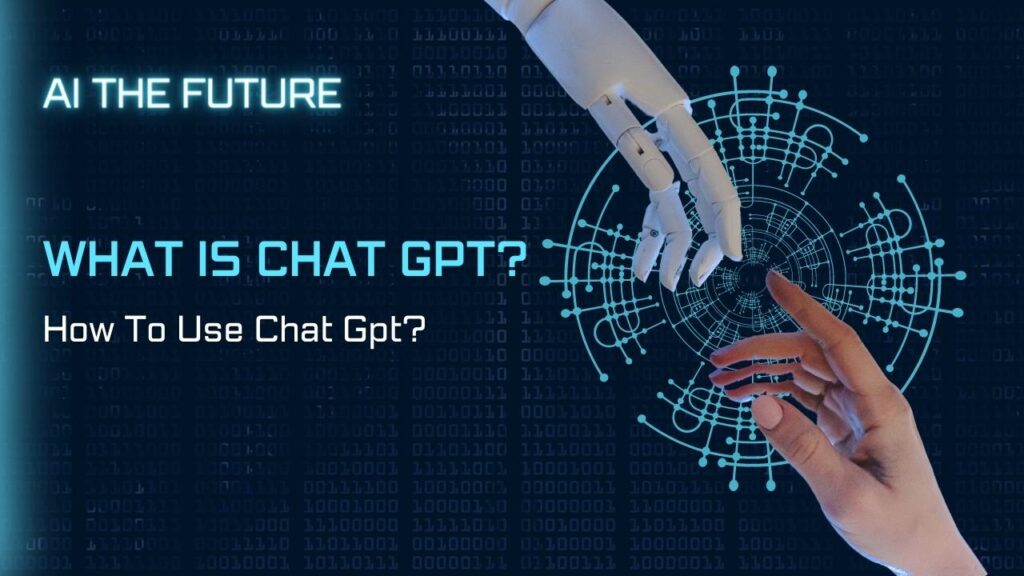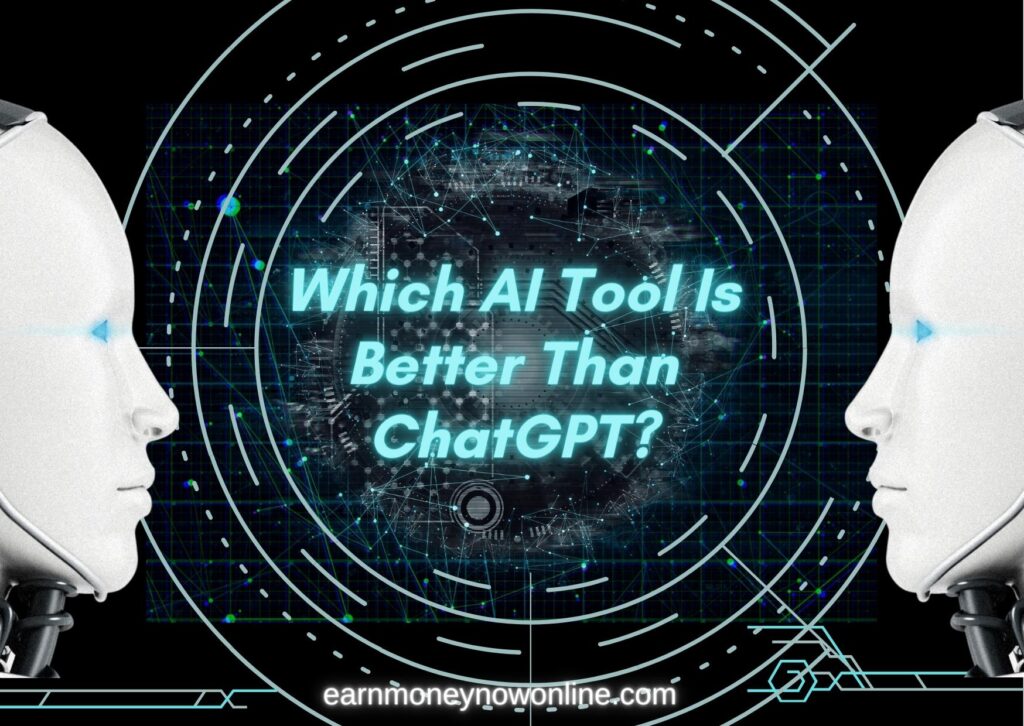Introduction
Artificial Intelligence (AI) has rapidly evolved over the years, captivating the imagination of both scientists and the general public. From self-driving cars to virtual assistants, AI has become an integral part of our daily lives. However, as AI continues to advance, concerns about its potential threat to humans have surfaced. In this article, we will delve into the question, “Is artificial intelligence the number 1 threat to humans?” We will explore the various dimensions of this topic, analyze the risks and benefits of AI, and provide insights into how humans can embrace and navigate this evolving technological landscape.
Is Artificial Intelligence The Number 1 Threat To Humans?
Artificial Intelligence refers to the development of computer systems capable of performing tasks that usually require human intelligence, such as problem-solving, decision-making, and language understanding. While AI offers tremendous opportunities, it also raises valid concerns. Let’s examine both perspectives and gain a deeper understanding of whether AI poses a threat to humans.
The Potential Risks of Artificial Intelligence
Artificial Intelligence, if not properly regulated or guided, can pose certain risks to humans. It is essential to acknowledge and address these concerns to ensure responsible development and deployment of AI technologies. Here are some potential risks associated with AI:
- Job Displacement: One of the primary concerns surrounding AI is the potential impact on employment. As AI systems become increasingly capable of automating routine tasks, there is a possibility of job displacement across various industries. Workers in certain sectors may find their skills no longer in demand, leading to unemployment and economic disruption. According to a study by McKinsey Global Institute, approximately 800 million jobs worldwide could be automated by 2030.
- Ethical Dilemmas: AI systems are designed to make decisions based on patterns and data analysis. However, this raises ethical concerns when it comes to complex decision-making processes. For example, autonomous vehicles must make split-second decisions in situations where human lives are at stake. Determining how AI should prioritize human safety versus other factors presents significant ethical challenges that need careful consideration and regulation.
- Security and Privacy: AI-powered systems rely heavily on data collection and analysis, which can lead to potential security and privacy risks. Data breaches and unauthorized access to personal information can have severe consequences, such as identity theft or manipulation. Ensuring robust security measures and strict privacy regulations are in place is crucial to mitigate these risks.
- Bias and Discrimination: AI algorithms are trained on vast amounts of data, which can introduce biases if the training data itself is biased. This can result in discriminatory outcomes, reinforcing societal biases and exacerbating inequality. Efforts must be made to develop fair and unbiased AI systems that promote inclusivity and do not perpetuate discrimination.
The Potential Benefits of Artificial Intelligence
While acknowledging the risks, it is equally important to recognize the numerous benefits that artificial intelligence can bring to humanity. Here are some key areas where AI has the potential to enhance our lives:
- Improved Efficiency and Productivity: AI systems can automate repetitive and mundane tasks, freeing up human workers to focus on more complex and creative endeavors. This can lead to increased productivity and efficiency across various industries, enabling humans to tackle more meaningful and intellectually stimulating work.
- Advancements in Healthcare: AI has the potential to revolutionize healthcare by aiding in the diagnosis and treatment of diseases. Machine learning algorithms can analyze vast amounts of medical data, identify patterns, and assist in making accurate diagnoses. Additionally, AI-powered robots can perform complex surgeries with precision, minimizing the risk of human error.
- Enhanced Customer Experience: AI-driven chatbots and virtual assistants have significantly improved customer experience by providing instant responses, personalized recommendations, and 24/7 availability. These virtual helpers can efficiently handle routine queries, enabling businesses to deliver better service and support to their customers.
- Scientific Research and Exploration: AI can accelerate scientific discoveries by analyzing vast datasets and identifying patterns that may not be apparent to humans. This can contribute to advancements in various fields, including astronomy, genetics, and climate science. Additionally, AI-powered robots and rovers can explore hostile environments, such as outer space or deep-sea, expanding our understanding of the universe.

FAQs about Artificial Intelligence and Human Threats
To address common questions and concerns surrounding artificial intelligence, here are some frequently asked questions and their concise answers:
FAQ 1: Can AI replace humans in all jobs?
- Answer: While AI can automate certain tasks, it is unlikely to replace humans entirely. AI systems excel in specific domains but lack the versatility and adaptability of the human mind. Instead, AI is better suited to augment human capabilities and enable us to focus on higher-level cognitive tasks.
FAQ 2: Can AI become sentient and turn against humans?
- Answer: The development of truly sentient AI systems that possess consciousness and self-awareness is still purely speculative. Currently, AI operates within predefined boundaries and lacks the ability to exhibit intentions or emotions independently. Nonetheless, ethical considerations must guide AI development to prevent unintended consequences.
FAQ 3: Will AI lead to mass unemployment?
- Answer: While AI may automate certain jobs, it is also expected to create new job opportunities. Historically, technological advancements have disrupted industries but also led to the emergence of new professions. Reskilling and upskilling the workforce will be crucial to ensure a smooth transition in the job market.
FAQ 4: Can AI be biased and discriminate against certain groups?
- Answer: Yes, AI systems can be biased if trained on biased data. Addressing bias in AI requires careful attention to data selection, algorithm design, and continuous monitoring. Stricter regulations and guidelines can help ensure that AI technologies are fair and do not perpetuate discrimination.
FAQ 5: How can AI contribute to healthcare?
- Answer: AI can enhance healthcare by enabling faster and more accurate diagnosis, aiding in drug discovery, and assisting in personalized treatment plans. Machine learning algorithms can analyze medical records, genetic data, and imaging scans to identify patterns that help in disease detection and treatment optimization.
FAQ 6: What steps are being taken to ensure the ethical use of AI?
- Answer: Various organizations and institutions are actively working on developing ethical frameworks and guidelines for AI. Initiatives such as the creation of regulatory bodies, industry standards, and ethical AI principles aim to ensure responsible development and deployment of AI technologies.
Conclusion
In conclusion, the question of whether artificial intelligence is a threat to humans is multifaceted. While there are valid concerns regarding job displacement, ethical dilemmas, security, and bias, it is essential to recognize the potential benefits that AI brings to society. AI has the power to enhance efficiency, revolutionize healthcare, improve customer experiences, and drive scientific research. By understanding the risks and benefits associated with AI and implementing appropriate regulations and safeguards, humans can navigate this evolving technological landscape in a way that maximizes the benefits while minimizing the risks. It is crucial to approach AI development and deployment with responsibility, ethics, and a human-centric perspective.
Wonder if AI can take your job away? Read about it here.




















Pingback: Artificial Intelligence Stocks: AI Potential in the Stock Market - earnmoneynowonline.com